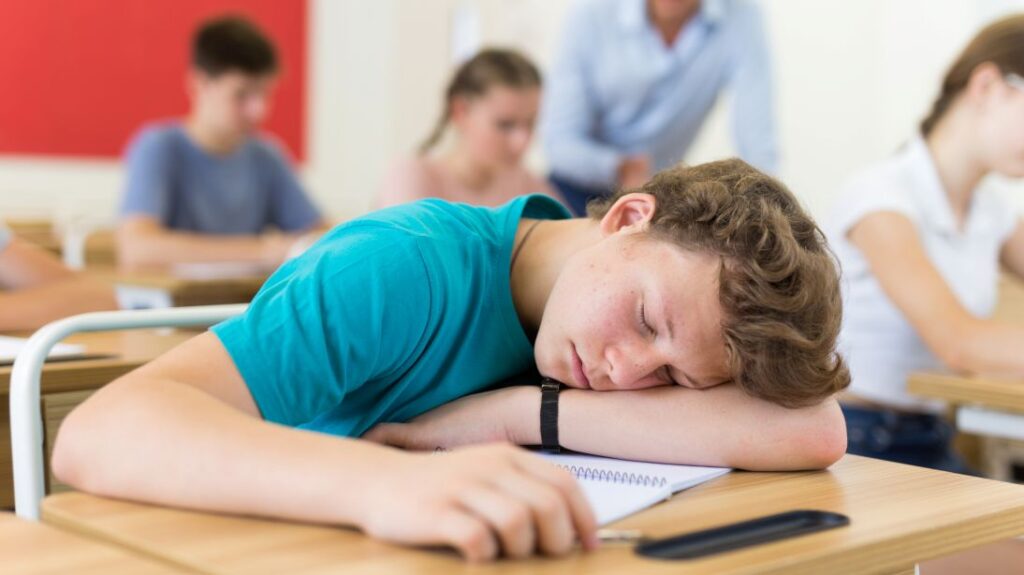
The ADHD / Sleep apnea cycle is a vicious one. Popular medications for ADHD can often result in difficulties falling or staying asleep, and hyperactivity can cause problems like insomnia. Worse yet, many people don’t know if their or their child truly has ADHD, or if the real problem is an undiagnosed sleep disorder. Here’s why it’s so important to rule out sleep apnea before treating a patient for ADHD!
What is ADHD?
Attention deficit hyperactivity disorder is a developmental disorder that usually appears in children and young adults. It combines a variety of persistent issues including problems paying attention, hyperactivity, and even impulsive behavior. All these symptoms can make it very difficult for the patient to focus on schoolwork and their career. It can also cause low self-esteem and other emotional issues and can make the patient more likely to act impulsively or restlessly.
What is Sleep Apnea?
There are three main types of sleep apnea, caused by a variety of things from a blocked airway (OSA) to the brain’s inability to instruct your body to breathe properly during sleep (CSA), and complex sleep apnea, which is a combination of both OSA and CSA. Though each type differs, the symptoms during the waking hours are usually quite similar. Patients are often lethargic or exhausted, have trouble staying awake or focused, suffer cognitive decline, and may even be irritable, depressed, or have low self-esteem.
Is it ADHD or Sleep Apnea?
Because there are so many crossover symptoms between ADHD and sleep apnea, it can be difficult to pinpoint exactly what is causing you or your child’s issues. Because sleep apnea can be extremely dangerous, however, it is important to rule this out before beginning treatment for another issue. A good night’s sleep can often help clear up many of the symptoms that were initially thought to be caused by ADHD, eliminating the need for powerful stimulants all the while protecting the body from a variety of potential health risks like low blood oxygen levels, depression, and cognitive decline.
Next Steps
If you are concerned about you or your child having ADHD and/or sleep apnea, speak to your dentist about undergoing a sleep study. This will monitor your body during rest and determine if there is an underlying problem. If so, she can help formulate a treatment plan that can assist you in getting the sleep you need, thereby lowering your risk of future medical problems and helping to improve your daytime focus, potentially eliminating the need for ADHD treatment. In some cases it can complement ADHD treatment and give you the best odds for both daytime and nighttime success.
Remember, it can be difficult to tell if your symptoms are related to ADHD or sleep apnea, but to ensure that you get the rest you need to feel your best, it is important to have the correct diagnosis so you can treat the right problem, the right way.
About Our Practice
At Healthy Sleep Tulsa, our trio of skilled and caring dentists have made it their mission to help patients like you get better night’s sleep. Sleep apnea affects approximately 1 billion people around the world and can take a serious toll on your quality of life. If you are struggling with symptoms like inability to focus, overtiredness, insomnia, irritability, or depression, you could be suffering from an undiagnosed sleep disorder. Take back control of your sleep and make your waking hours more enjoyable, too. Schedule a sleep apnea consultation with us today by visiting our website or calling 918-300-4325.
